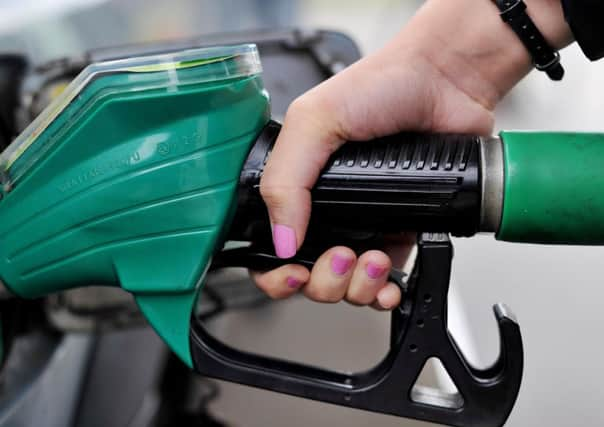“Dark arts” behind rural fuel costs


A Tory MP has called for new state intervention powers to ensure rural motorists see the same benefits as city drivers when supermarkets cut petrol prices.
Mark Garnier said the big four supermarkets - Tesco, Asda, Sainsbury’s and Morrisons - operate 16% of pumps but sell 44% of Britain’s road fuel.
Advertisement
Hide AdAdvertisement
Hide AdThis discrepancy has led to rural areas being forced to rely on a closed and inefficient petrol market with few pumps as there are fewer drivers and worse public transport than in large towns and cities.
By contrast cities and large towns see healthy competition with price drops at one pump feeding quickly to numerous pumps around the area as there are a lot of drivers and good public transport provision to provide competition.
His comments come after campaigners late last year revealed rural drivers were being exploited by supermarkets. While city petrol stations in Yorkshire were often quick to adapt to a fall in fuel prices, their rural counterparts were often as much as seven pence a litre higher.
Earlier this month some hope was offered to a handful of Yorkshire drivers when the European Commission gave the Government permission to charge less fuel duty in the area around the Hawes area of the Dales.
Advertisement
Hide AdAdvertisement
Hide AdThe Wensleydale market town is one of 17 parts of the UK where the UK Government has asked for permission to drop duty on petrol and diesel by up to 5p per litre.
Introducing his Road Fuel Pricing (Equalisation) Bill under the Ten Minute Rule motion, Mr Garnier told the Commons: “The question then inevitably comes - is the significant price anomaly between the same brand supermarkets and road fuel prices a healthy outcome of market forces or a cynical attempt by supermarkets to charge premium prices for fuel in areas where competition is weak in order to subsidise their activities where competition is strong?”
Mr Garnier said the situation was similar for motorway drivers who face “opportunistic” petrol charges.
He said: “Is this driven by genuine market forces or by opportunism to overcharge motorists who would otherwise have to detour off their motorway route to search for properly priced fuel?”
Advertisement
Hide AdAdvertisement
Hide AdMr Garnier said the solution is to give the regulators the power to demand an immediate explanation from petrol-selling companies of any price “anomaly” and if it is not satisfactory, the regulator would be able to intervene to equalise prices.
He said he hoped that if the power was created, companies would take action before the Competition and Markets Authority had to step in.
Mr Garnier told MPs: “We have already seen a drop in the price of road fuel and crude oil, one that lessens the impact of fuel prices on households.
“However, whilst this is in part welcome, the phenomenon of fuel prices rising like a rocket but falling like a feather is one that has not been satisfactorily resolved yet.
Advertisement
Hide AdAdvertisement
Hide Ad“There is no reason not to address the price anomaly that sees rural communities being required in the main by supermarkets to pay a significant premium for their fuel over communities in better served areas such as conurbations.
“My proposal would seek to bring an end to this inequality by providing a mechanism that I hope those people guilty of infringement will respond to before intervention, before the CMA is necessary.”